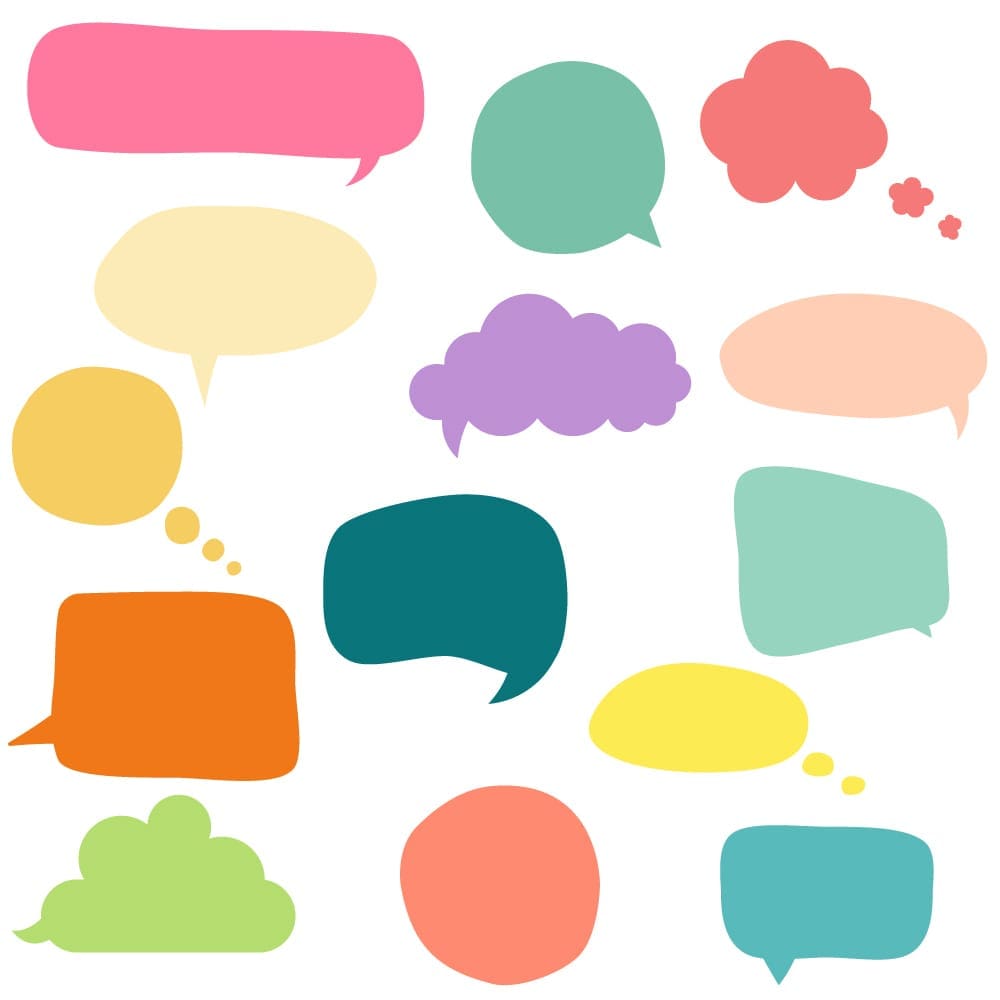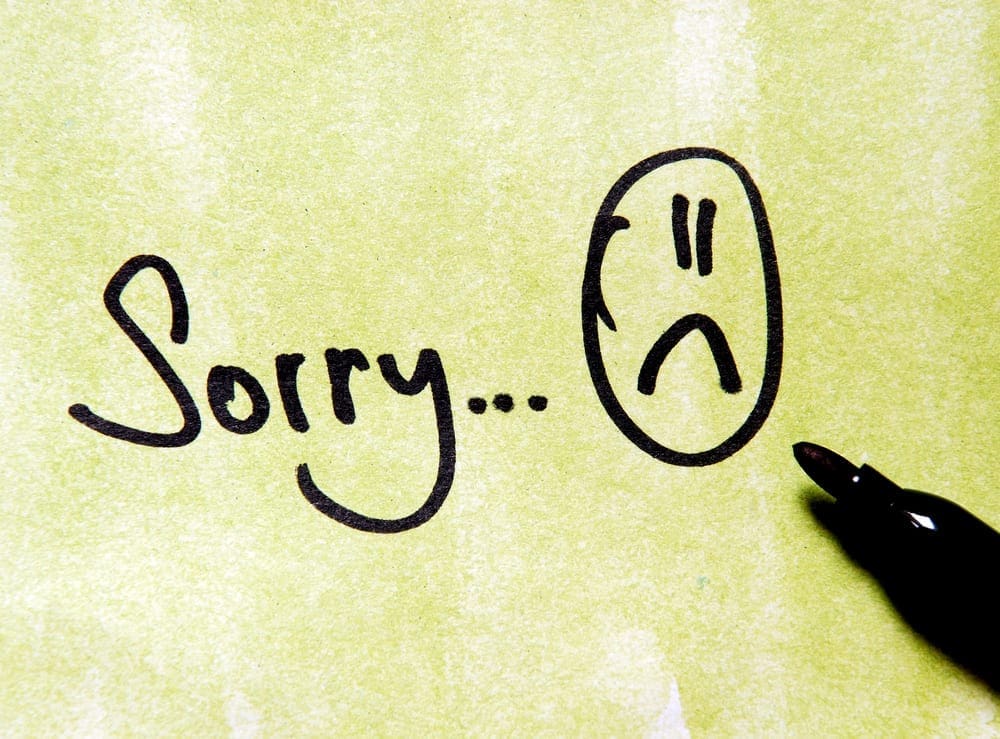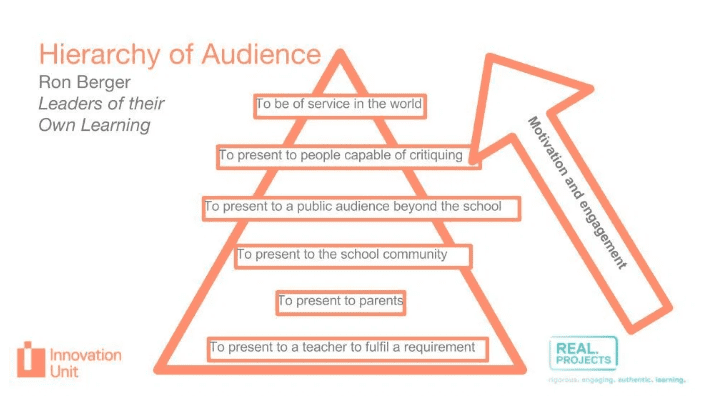The school year is coming to a close in the northern hemisphere, and in-class parties (to the extent they are not on Zoom) have begun.


The school year is coming to a close in the northern hemisphere, and in-class parties (to the extent they are not on Zoom) have begun.

There are always a few students who are the first to raise their hands in response to a teacher’s question even if they have no answer in mind. At the same, many classes have a handful of students who prefer to remain silent during classroom discussions….

I’ve always been envious of my father who can recite by heart the Preamble of the United States Constitution (“We the people of the United States, in order to form a more perfect union, establish justice, ensure domestic tranquility….”), much of the Gettysburg Address…

One of the most popular films on Netflix at the moment is a documentary that was released in September 2020 called “The Social Dilemma.” It is a dystopian film that describes the pernicious impact of social media on our lives and argues for governmental regulation of social media.

I lived in Canada for four and a half years. One cultural difference between Canadians and Americans is that Canadians apologize for everything. Canadians sneeze, and they say, “sorry.”

No one knows how the new academic year of 2020-2021 will start off. Most administrators have designed a Plan A, Plan B, and Plan C. One thing is for sure, most of our students will have been on summer vacation during the protests that emerged around the country after George Floyd’s tragic death. Many may well have missed an opportunity to discuss racial discrimination with their teachers. Whatever form school takes this fall, we should not pass up the opportunity to engage our students in a discussion of racial and economic injustice.

This Pesach, it will not be difficult to answer the question: “How will our s’darim this year be different from all other years?” My guess is they will be smaller, possibly shorter, requiring more distance between participants.

If you’ve ever been in a class where the teacher makes you laugh or where the teacher is willing to laugh at herself or himself, you’ve probably found that the learning becomes lighter and easier.

Recently, the daughter of one of my relatives showed me her exam on the laws of mezuzah. The test showed she could cite the relevant sources in the Torah, Talmud, and Codes competently. She definitely “knew her stuff.”

How do we help our students gain mastery in Hebrew language so that they feel a sense of mastery in oral and written language skills? There is no single answer especially given cultural factors that work against Hebrew language acquisition (e.g. English on the streets...